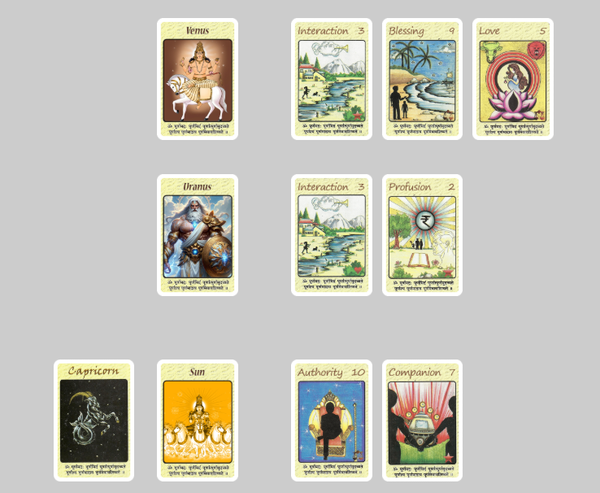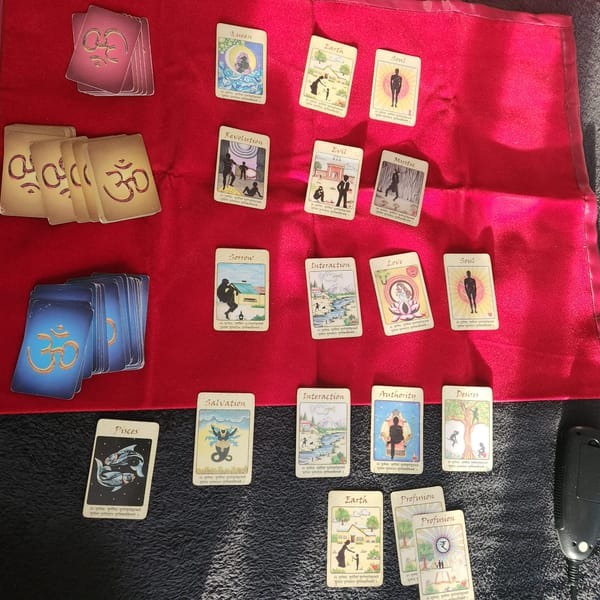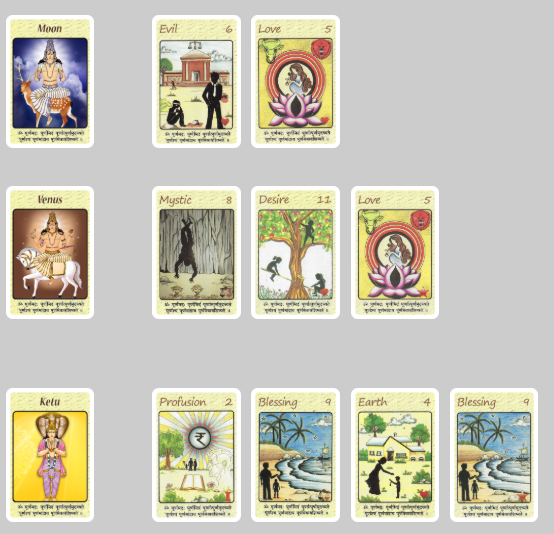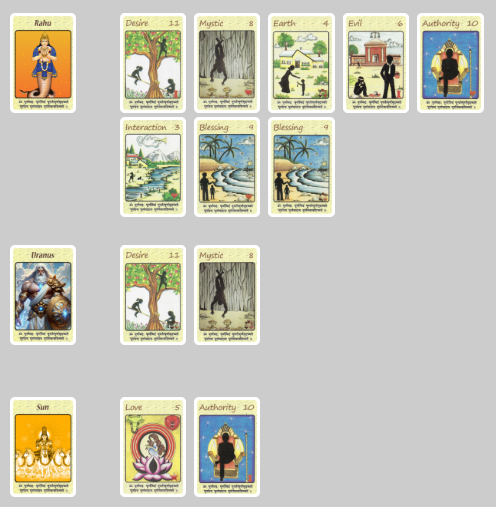Shayatin: The Devils of Islamic and Arabian Lore
The Shayatin are malevolent jinn in Arabian and Islamic folklore, followers of Iblis who seek to mislead humanity. In legend, the prideful scholar Harun calls upon their power #Shayatin #Jinn #ArabianMythology #DarkLegends #OccultSanctum #SupernaturalTales #AncientWisdom #ForbiddenKnowledge
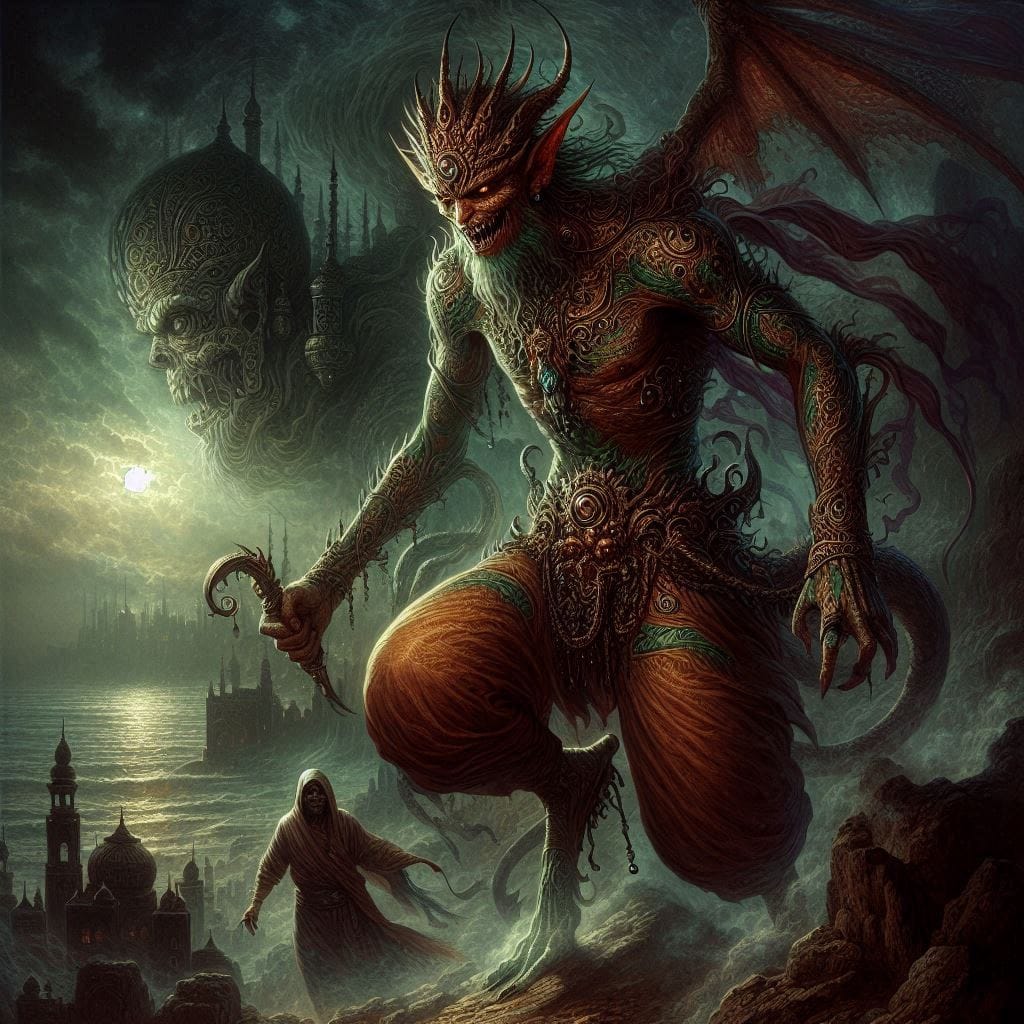
The Shayatin (Arabic: شياطين, singular: Shaytan) are malevolent jinn or demonic spirits in Islamic and Arabian folklore. They are the followers of Iblis (Satan) and are known for their whispers, deception, and rebellion against the Divine. Unlike ordinary jinn, who can be good or evil, the Shayatin are purely wicked and seek to mislead, corrupt, and destroy humanity.
Origins of the Shayatin
The concept of Shayatin originates from pre-Islamic Arabian mythology, where spirits and demons were believed to haunt the desert, cause madness, and bring misfortune. With the advent of Islam, these beings were identified as the enemies of humanity, distinct from the neutral or benevolent jinn.
According to Islamic belief, the Shayatin were once among the jinn created by Allah from smokeless fire (Surah Al-Hijr 15:27). However, they followed Iblis in his rebellion against God, refusing to bow to Adam out of pride. As punishment, they were cast out of paradise and now roam the earth, seeking to lead humans astray.
The Tale of the Cursed Scholar and the Shayatin
Long ago, in a grand city known for its wisdom and scholars, there lived a learned man named Harun. He was a master of the scriptures, well-versed in holy texts, ancient secrets, and the hidden names of the jinn. His knowledge was vast, but so was his pride.
One evening, as Harun sat in his grand library, a traveler in dark robes knocked upon his door.
"O great scholar," the stranger said, "I seek knowledge that few dare to possess. Will you teach me the forbidden words that summon the unseen?"
Harun smirked. He believed himself too wise to be deceived. "I know of such things," he said. "But only fools play with the unseen."
The traveler bowed. "Ah, but you are no fool, Master Harun. Surely, no being—mortal or jinn—could deceive you."
Flattered, the scholar’s curiosity got the best of him. He decided to test his own mastery.
That night, he opened his oldest books, searching for the most powerful incantations. Finally, in a dusty manuscript, he found what he sought—the ritual to summon the Shayatin, the devils who serve Iblis.
He lit his lamps, drew a circle of protection, and whispered the incantation.
The air grew heavy. The lamps flickered. And then—laughter.
A shadow rose from the darkness, its form twisting like black smoke. Glowing red eyes stared at him, and a voice like a thousand whispers filled the room.
"You called, O Wise Harun?"
The Bargain with the Shayatin
The Shaytan grinned, its form shifting like a storm cloud.
"You wish for power, knowledge, or riches?" it asked.
Harun scoffed. "I seek only wisdom. I wish to know all that is hidden."
The Shaytan laughed again, circling the scholar. "Very well. I will answer three of your questions, but for each answer, I shall take a piece of your soul."
Harun hesitated, but his arrogance drowned his fear. "I accept."
He asked his first question:
"What is the greatest secret of the jinn?"
The Shaytan smiled. "The jinn were created from smokeless fire, and among them are those who worship and those who rebel. But the greatest secret is this—no jinn, not even the mighty Ifrit, can change their fate once it is sealed."
As soon as it spoke, Harun gasped. He felt something cold inside him, as if a piece of his very soul had been torn away.
But he was not satisfied. He asked his second question:
"How does one become immortal?"
The Shaytan’s grin widened. "True immortality belongs only to the Divine. But there is one path for mortals: If a man writes his name in the Book of Shadows and spills the blood of an innocent, he may live for a thousand years—though his soul will never see paradise."
Again, Harun shuddered. His fingertips turned gray, as if life itself was draining from him. Yet he still wanted more.
For his final question, he asked:
"Who is the most powerful being in existence?"
This time, the Shaytan’s eyes flashed. It leaned close and whispered:
"The one who asks this question already knows the answer."
At that moment, Harun’s body convulsed. A great darkness filled the room. He screamed, realizing too late that the Shaytan’s trick was complete.
His final question had been a trap—for the moment he heard the answer, his soul was taken in full.
The lamps shattered. The room fell into darkness.
And when the sun rose the next morning, Harun was gone. His library stood empty, his books scattered, and only a faint whisper remained in the air:
"Wisdom without humility is the path to destruction."
The Lesson of the Tale
The story of Harun and the Shayatin serves as a warning:
- Pride leads to downfall.
- Not all knowledge is meant to be known.
- The Shayatin offer bargains, but their price is always greater than it seems.
For those who seek power through dark means, the Shayatin wait patiently in the shadows, ready to claim another soul.
